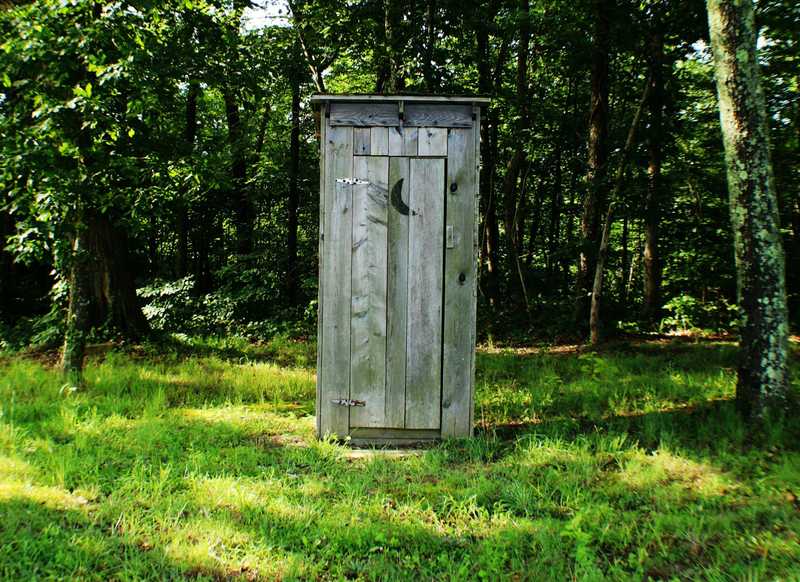If the government wants to find out anything about its citizens, it usually creates a questionnaire or census. But what about when the subject has to do with drugs, medical information or even cannabis? Because of the stigma still associated with the plant, people might not answer truthfully—or skip the questions altogether. So how can the government successfully gather accurate information on a large scale? It turns to the sewers.
All waste ends up either in the sewer or in landfill—it’s not what most people like to think about, but these processes are essential for disposing waste in our communities. Garbage studies indicate the waste produced per capita and reveal potential opportunities for better recycling and composting. Similarly, sewage can be tested to show, among other things, where and which drugs are being used. The Canadian government is now testing waste water for tetrahydrocannabinol (THC) levels to determine cannabis consumption across Canada before recreational marijuana is legalized later this year.
How Do Traces of THC End up in Waste Water?
THC is a lipid, or fat molecule. It’s absorbed into the bloodstream and stored in fat cells until it’s released back into the bloodstream over time. THC then breaks down into metabolites and is excreted through feces or urine. As much as 65% of marijuana consumed is excreted in feces and 20% in urine, with 80–90% exiting the body within five days.
So, this process makes THC easy to measure in waste water. In rare cases, drugs are flushed down toilets without being consumed, but waste water measurements provide strong indications of usage rates and prevalence in different areas.
As Canada considers marijuana legalization for adult use, water testing for cannabis and THC helps identify the existing amount of consumers. It also reveals synthetic cannabis consumption practices and is vital to understanding the current state of cannabis use in the country.
How Is Water Tested for THC?
Mass spectroscopy is a popular method for testing molecules. Spectrometers measuring the mass of atoms and molecules in water are now widely used for waste water testing, because they’re accurate and only require a small amount of water to carry out a test.
Waste water testing involves either gas or liquid chromatography-mass spectrometry. The latter provides faster results by combining the processes of liquid separation and mass analysis. How it works is that molecules are vaporized by heat to detect ions. Then, an electron gun ionizes molecules, and they’re sorted through processes of acceleration and deflection. The final stage of mass spectrometry is detection. Ions of increasing mass reach a detector and results are entered into a computer to find a spectrum.
Mass spectroscopy provides accurate weight measurements to indicate sample purity and identify different substances. Scientists combine this method with other analytical techniques to uncover additional information and produce reports about what they find.
Is Testing Waste Water for THC Scientifically Accurate?
Testing sewage water is certainly a more accurate method than data collected from voluntary questionnaires. Today, cannabis consumers may be purchasing their product on the black or grey market and aren’t aware of the various compounds and additives that may be lurking in their marijuana—plus they don’t always answer questions truthfully.
Mass spectroscopy provides accurate results for the amount and quality of cannabis found in waste water. It can also show the difference between synthetic and organic cannabis, and it give officials a better idea of that breakdown in different towns and cities.
In comparison to other methods such as UV detection and toxicology tests, mass spectrometry is more sensitive and accurate. Liquid chromatography-mass spectrometry provides faster results and identifies substances in urine, blood, hair and saliva samples. It’s regarded as the most accurate method for testing urine and so can be considered a reliable method for waste water testing of cannabis.
Testing Sewage Around the World
Sewage testing for THC in Canada isn’t a new concept. In 2014, a study on sewer water was conducted in 42 major cities across Europe to determine the consumption of cocaine, cannabis, meth and ecstasy. Waste water testing for drugs has also been used in New Zealand and Australia.
Waste water testing is useful, because it can reveal addiction trends to dangerous substances and illicit drug use. THC traces in particular show cannabis usage levels, although it’s difficult to determine if the cannabis is taken for medicinal or recreational use. Still, waste water testing for THC could help determine market size and usage trends for future marijuana legalization in Canada.
Photo credit: Amy Reed
